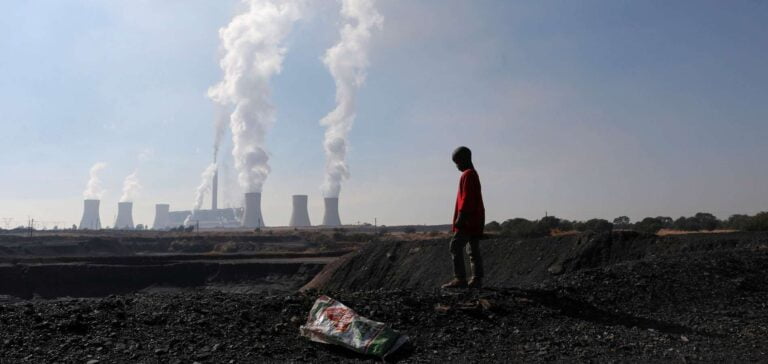In exchange for subsidies, South Africa will begin to eliminate its carbon emissions.
Its president, Cyril Ramaphosa, has announced that his country will convert its 15 coal-fired power plants within 15 years.
South Africa receives international subsidies
At COP26, the country established a partnership with Western countries (USA, UK, France, Germany, EU).
The latter pledged $8.5 billion for a process that would eliminate up to 1.5 gigatons of CO2 emissions over 20 years.
The joint declaration calls for an end to coal-fired power plants, while investing in renewable energies.
It also calls for the development of green technologies such as electric vehicles.
France pledges $1 billion
Germany plans to contribute $700 million to the development of green hydrogen.
For its part, France, through Environment Minister Barbara Pompili, has pledged a billion dollars.
The first 5-year phase includes financing through grants, concessional loans, investments and risk-sharing instruments.
This financing also involves the private sector.
Further details for the next 12 months will be presented in an attached declaration, including an investment plan.
90% dependent on coal
South Africa relies on coal for 90% of its electricity, the highest share among G20 countries.
According to the Emer Institute, these power plants produced almost 191 TWh in 2020.
This dependence is all the greater given the surge in coal prices this year.
According to S&P Global Platts, coal prices have risen by 157.4%, reaching $177/mt on November 2, 2021.
So, South Africa’s dependence on coal is encouraging it to launch its energy transition.






















